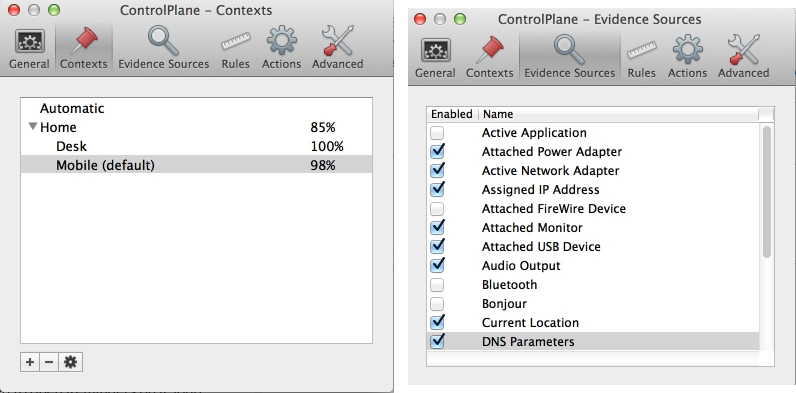

#Controlplane upgrade#
Specified version to upgrade to "v1.10.0-alpha.1" is at least one minor release higher than the kubeadm minor release (10 > 9). Found 1 potential version compatibility errors but skipping since the -force flag is set: You have chosen to change the cluster version to "v1.10.0-alpha.1"

FYI: You can look at this config file with 'kubectl -n kube-system get cm kubeadm-config -oyaml' Making sure the configuration is correct: # kubeadm upgrade apply v1.10.0-alpha.1 -feature-gates CoreDNS=true

It is possible to check the CoreDNS version that will be installed before proceeding to apply the changes by using kubeadm upgrade plan and by setting feature-gates flag as CoreDNS=true. In case you have an existing cluster, it is also possible to upgrade your DNS service to CoreDNS, replacing kube-dns, using the kubeadm upgrade command. Updating your existing cluster to use CoreDNS
#Controlplane install#
Your Kubernetes master has initialized successfully!ĬoreDNS install is confirmed if we see the following output while deploying Kubernetes. Creating the "cluster-info" ConfigMap in the "kube-public" namespace Configured RBAC rules to allow certificate rotation for all node client certificates in the cluster Configured RBAC rules to allow the csrapprover controller automatically approve CSRs from a Node Bootstrap Token Configured RBAC rules to allow Node Bootstrap tokens to post CSRs in order for nodes to get long term certificate credentials Master sandeep2 tainted and labelled with key/value: /master="" Will mark node sandeep2 as master by adding a label and a taint Storing the configuration used in ConfigMap "kubeadm-config" in the "kube-system" Namespace All control plane components are healthy after 31.502217 seconds

This might take a minute or longer if the control plane images have to be pulled. Waiting for the kubelet to boot up the control plane as Static Pods from directory "/etc/kubernetes/manifests". Wrote Static Pod manifest for a local etcd instance to "/etc/kubernetes/manifests/etcd.yaml" Wrote Static Pod manifest for component kube-scheduler to "/etc/kubernetes/manifests/kube-scheduler.yaml" Wrote Static Pod manifest for component kube-controller-manager to "/etc/kubernetes/manifests/kube-controller-manager.yaml" Wrote Static Pod manifest for component kube-apiserver to "/etc/kubernetes/manifests/kube-apiserver.yaml" Valid certificates and keys now exist in "/etc/kubernetes/pki" Generated front-proxy-client certificate and key. Generated front-proxy-ca certificate and key. Generated apiserver-kubelet-client certificate and key. apiserver serving cert is signed for DNS names and IPs Generated apiserver certificate and key. : docker version is greater than the most recently validated version. # kubeadm init -feature-gates CoreDNS=true Use the following command to install CoreDNS as default DNS service while installing a fresh Kubernetes cluster. In order to install CoreDNS instead of kube-dns for a fresh Kubernetes cluster, we need to use the feature-gates flag and set it to CoreDNS=true. Installing CoreDNS in fresh Kubernetes cluster A restart of the CoreDNS pod is required for the changes to take effect. We can modify the default behavior by modifying this configmap. proxy: Any queries that are not within the cluster domain of Kubernetes will be forwarded to predefined resolvers (/etc/nf).prometheus: Metrics of CoreDNS are available at in Prometheus format.Upstream is used for resolving services that point to external hosts (External Services). The pods insecure option is provided for backward compatibility with kube-dns. We can modify and choose the desired values through the kubeadm -service-dns-domain and -service-cidr flags. The Kubernetes plugin has its options Cluster Domain and Service CIDR defined as cluster.local and 10.96.0.0/12 respectively by default through kubeadm. kubernetes: CoreDNS will reply to DNS queries based on IP of the services and pods of Kubernetes.health: Health of CoreDNS is reported to.This configuration is based on the following plugins of CoreDNS: The Corefile part is the configuration of CoreDNS. SelfLink: /api/v1/namespaces/kube-system/configmaps/coredns # kubectl -n kube-system get configmap coredns -oyaml


 0 kommentar(er)
0 kommentar(er)
